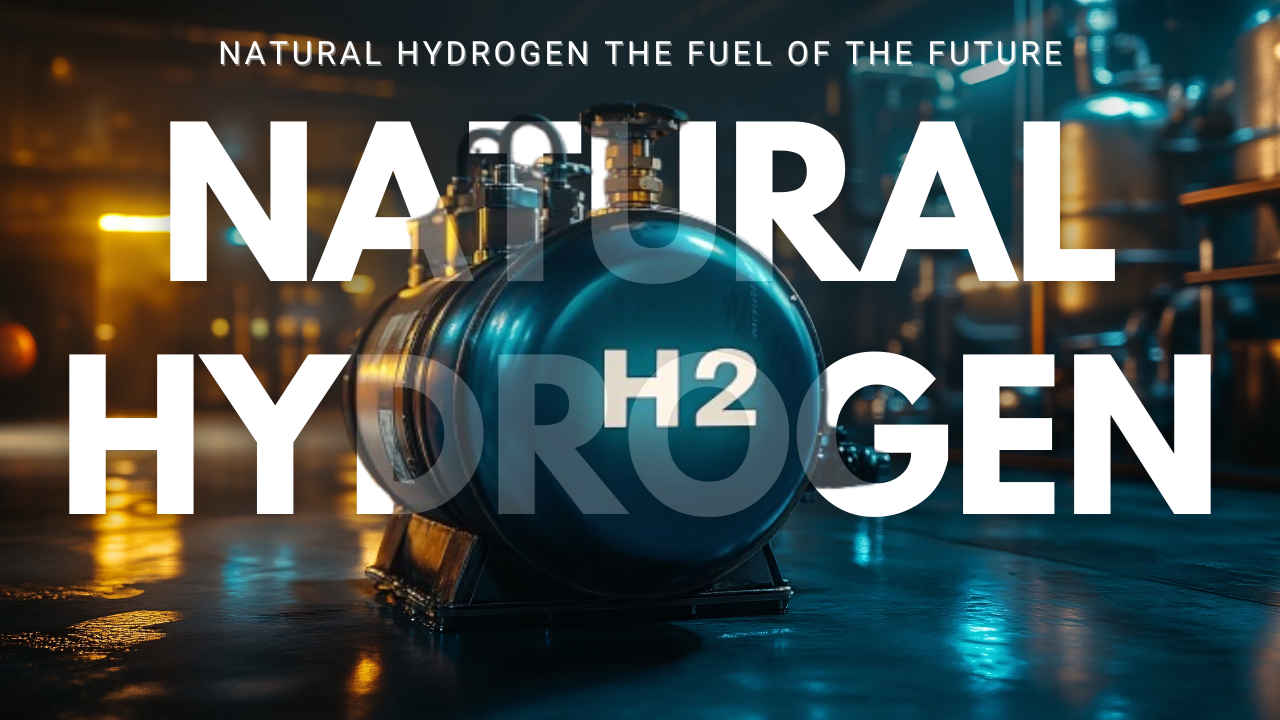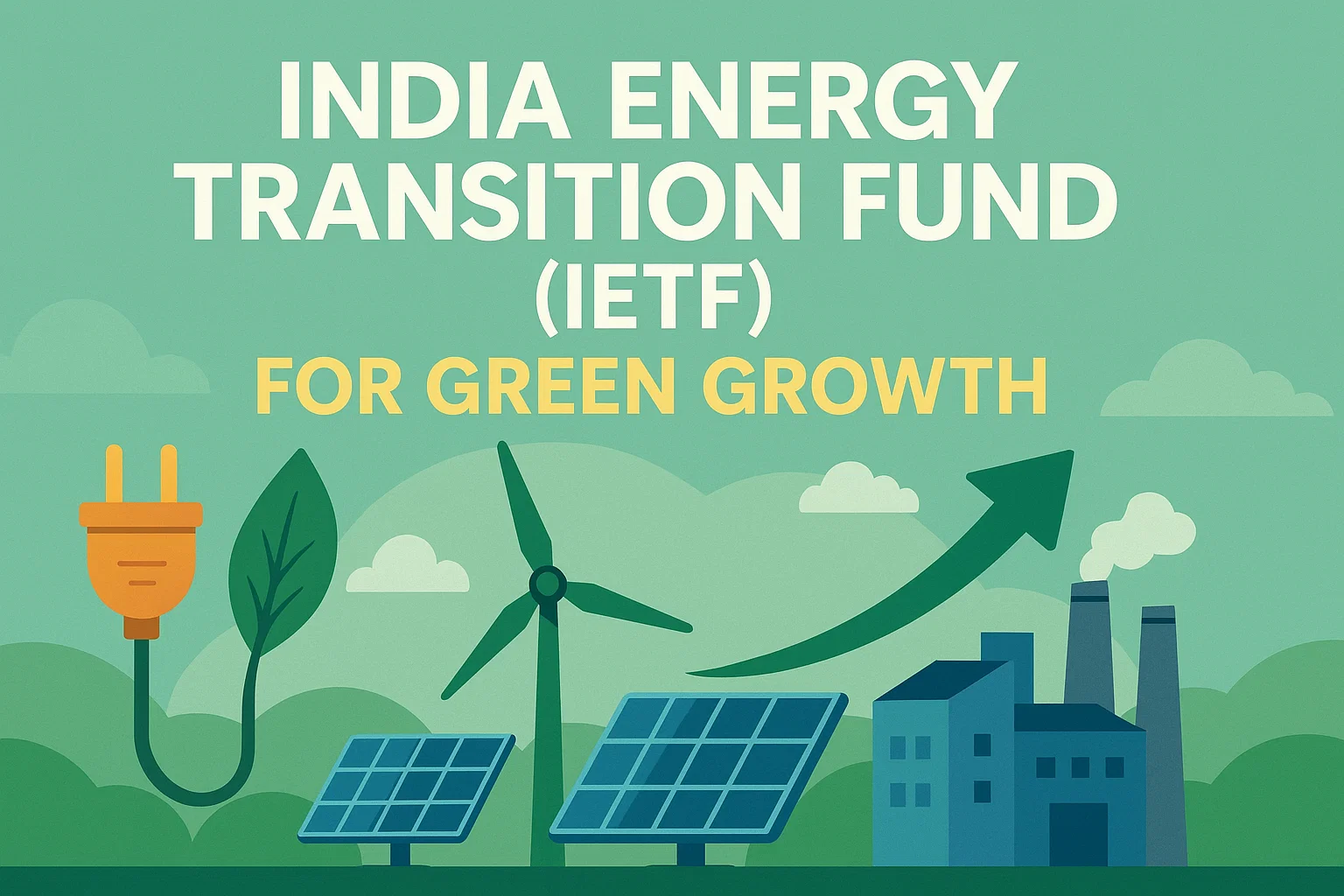Font size:
Print
Natural Hydrogen
Is natural hydrogen the fuel of the future?
Context: Hydrogen is increasingly being hailed as the clean energy solution that could decarbonise the global economy and help curb global warming. Among various hydrogen types, natural hydrogen — if harvested sustainably — offers a clean, low-cost, and abundant fuel source that could transform the energy landscape, including in India.
What Is Natural Hydrogen?
- Natural hydrogen, sometimes called gold hydrogen or white hydrogen, is molecular hydrogen (H₂) that occurs naturally in the Earth’s subsurface.
- Unlike grey hydrogen (produced from natural gas through polluting processes) and green hydrogen (made using renewable electricity, but still expensive), natural hydrogen is formed through geological processes and potentially available in vast quantities.
How Is Natural Hydrogen Formed?
- Natural hydrogen is produced through various geochemical processes, including:
- Serpentinisation – a reaction between water and iron-containing rocks.
- Radiolysis – splitting of water molecules by radioactive rocks.
- Organic decomposition – deep-earth organic matter breaking down.
- These processes take place deep underground in specific geological environments, often associated with active tectonic zones, ophiolite complexes, and ancient rock formations.
Scientific Rediscovery and Global Recognition
- Despite evidence from volcanic emissions, mine gases, and gas seeps, natural hydrogen was long dismissed as a geological anomaly. Experts believed hydrogen’s small molecular size and reactivity would prevent it from accumulating in usable quantities.
- However, recent research has shifted this view:
- Geological regions like the Pyrenees, Alps, and Himalayas are now being studied for their hydrogen potential.
- The co-existence of helium with hydrogen in some reservoirs suggests radiolysis as a significant mechanism.
- Hydrogen has also been found in coal mines, supporting theories of its origin from deep organic material.
Recent Global Discoveries
- The US Geological Survey (USGS) presented a 2022 model estimating that the Earth may hold tens of trillions of metric tonnes of hydrogen.
- Even if only 2% of this is commercially viable, it could power the world’s hydrogen needs for 200 years (based on demand projections of 500 million tonnes per year).
- In France, exploration in Lorraine (May 2023) and Moselle (March 2025) uncovered 92 million tonnes of natural hydrogen — worth approximately $92 billion, nearly half the world’s current hydrogen output.
Industry Response: The New Energy Gold Rush
- The promise of natural hydrogen has triggered intense industry interest:
- As of 2023, 40 companies were actively searching for hydrogen deposits — up from just 10 in 2020 (Rystad Energy).
- Exploration is ongoing in Australia, the USA, Spain, France, Albania, Colombia, South Korea, and Canada.
- Estimated extraction costs are $1/kg or lower — cheaper than both green and grey hydrogen.
- Key developments include:
- Koloma, a US start-up, raised $245 million in 2023 from investors like Amazon’s Climate Fund and Bill Gates’ Breakthrough Energy Ventures.
- Breakthrough Energy also backs Mantle 8 in Europe.
- Major firms like BP and Rio Tinto have invested in Snowfox Discovery, a UK-based hydrogen start-up.
- The American Association of Petroleum Geologists created its first natural hydrogen committee, and USGS has started identifying promising hydrogen zones in the US.
The Road Ahead
- Despite promising signs, several challenges remain:
- Uncertainty about how much hydrogen is economically extractable — especially if reserves are scattered or deep.
- The need for exploration frameworks, as conventional hydrocarbon models don’t entirely apply.
- The requirement for sustainable harvesting techniques to ensure minimal environmental disruption.
- Still, the potential is enormous. If harnessed responsibly, natural hydrogen could offer a clean, affordable, and scalable energy solution to meet global needs for centuries.
Subscribe to our Youtube Channel for more Valuable Content – TheStudyias
Download the App to Subscribe to our Courses – Thestudyias
The Source’s Authority and Ownership of the Article is Claimed By THE STUDY IAS BY MANIKANT SINGH




